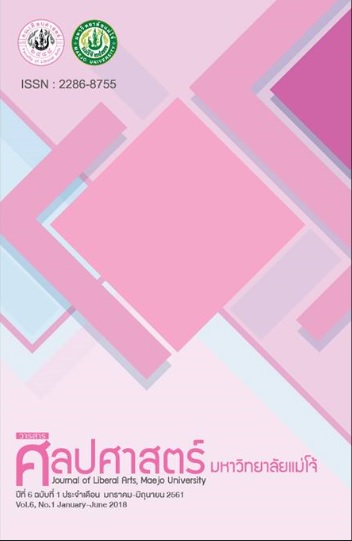วัฒนธรรมระดับชาติที่ส่งผลต่อผลการดำเนินงานของธุรกิจโรงแรมในประเทศไทย สาธารณรัฐแห่งสหภาพเมียนมาร์ และสาธารณรัฐประชาธิปไตยประชาชนลาว
Main Article Content
Abstract
The objectives of the research were: 1) to study the National Culture that affects performance of hotel business in 3 countries. 2) to compare national culture affecting the performance of 3 countries. 3) to develop a causal model of national culture affecting hotel businesses’ performance by observing factors that most influence hotels’ performance and 4) to understand national and business culture for investors who were interested in doing hotel business, business person, and people in those countries. The data was collected through questionnaires, which were distributed to a sample group of 400 hotels’ managers in 3 cities: Rangoon, Chiang Mai, and Vientiane. In addition, semi-structure questionnaire was employed to 12 hotel managers for in-depth interview for qualitative data. The data was then analyzed by a statistic program in order to identify the frequency, percentage, mean, standard deviation, and descriptive statistics (Causal structural models with latent variable) for testing relationship between Hofstedes’ cultural dimension and hotels’ performance. The research showed that Hofstede’s cultural dimension of power distance, uncertainty avoidance, individualism and collectivism, masculinity and femininity, short and long term planning of hotels’ manager were high and they emphasized on equality between men and women. The study showed that the most important national culture dimension affecting hotels’ performance in the sampling countries was short, medium and long term planning with mean score of 4.57 4.16, and 4.09 respectively. The casual model of national culture affecting hotel business’s performance comply with empirical information as chi square of 858.34 with 465 degree of freedom while probability was 0.30 with GFI of 0.94, AGFI of 0.95, RMSEA of 0.01, and SRMR of 0.03. It is becomes clear that short and long term planning directly affect to hotel performance of the sampling countries with 0.65 while power distance score 0.85, masculinity and femininity score 0.42,uncertainty avoidance was 0.38, individualism, and collectivism was 0.24 respectively. Moreover, customer service and cultural knowledge of host countries were
crucial as main key success factors in doing hotel business.

